Blog
Root Canals: The Truth About This Life-Saving Procedure
November 5, 2025 / DENTISTRY
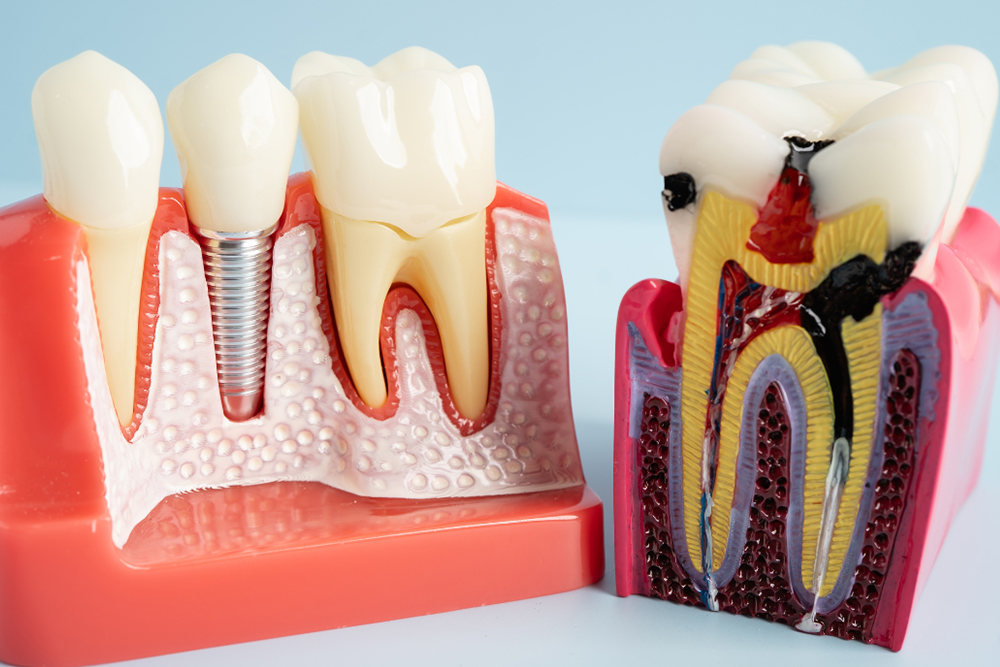
Root Canals in Whitby
As a dentist in Whitby, I've encountered countless patients who feel anxious about root canals based on outdated information. At Downtown Whitby Dentistry, we perform root canals regularly using modern techniques that make the procedure comfortable and successful. Today, I'll share the truth about root canals and explain why this treatment saves teeth effectively.
Root canals have an undeserved reputation as painful procedures, but the reality is quite different. Modern dentistry has transformed root canals into routine treatments that are no more uncomfortable than getting a filling. The procedure actually relieves pain rather than causing it by addressing the infection creating discomfort.
Common Misconceptions About Root Canals Explained
The biggest myth about root canals is that they're extremely painful procedures. This misconception likely stems from experiences decades ago before modern anesthetics were available. Today's root canals are performed with effective local anesthesia that completely numbs the treatment area.
Another common belief is that root canals cause illness or systemic health problems. This myth has been thoroughly debunked by scientific research. Root canals actually eliminate infection and bacteria from the tooth, improving overall health.
Common root canal myths:
- Root canals are extremely painful
- The procedure causes illness
- Extraction is always better
- Treatment requires multiple lengthy appointments
- Success rates are low
Some patients believe extracting the tooth is better than getting root canals. While extraction may seem simpler, it often leads to more complex and expensive treatments later.
When Root Canals Become Necessary for Your Tooth
Root canals become necessary when the pulp inside your tooth becomes infected or inflamed. The pulp contains nerves and blood vessels that help the tooth develop. Once mature, the tooth can survive without pulp.
Infection can result from deep decay, repeated dental procedures, or cracks and chips. Without treatment, pulp infection can cause severe pain and lead to abscess formation.
Signs you may need root canals:
- Severe toothache when chewing
- Prolonged sensitivity to hot or cold
- Tooth darkening or discoloration
- Swelling in nearby gums
- Persistent pimple on gums
Catching these problems early improves the success rate of root canals. Regular dental checkups at Downtown Whitby Dentistry help identify issues before they become emergencies.
The Root Canals Procedure: Step-by-Step Process
Understanding the root canals procedure can help reduce anxiety about treatment. The process is straightforward and typically completed in one or two appointments.
Root canals procedure steps:
- X-rays and treatment planning
- Local anesthesia administration
- Rubber dam placement for isolation
- Access opening in tooth crown
- Pulp removal and canal cleaning
- Canal shaping and disinfection
- Filling and sealing canals
- Temporary or permanent restoration
The procedure begins with X-rays to assess damage and plan treatment. We administer local anesthesia to numb the area completely. Once comfortable, we place a rubber dam to keep the tooth dry.
We create a small opening in the tooth crown to access the pulp chamber. Using specialized instruments, we carefully remove infected tissue. The root canals are then cleaned, shaped, and disinfected thoroughly.
After cleaning, we fill the canals with gutta-percha, a biocompatible material. This seals the canals to prevent future infection. Finally, we place a restoration to protect the tooth.
Modern Techniques Make Root Canals Comfortable and Effective
Modern root canals benefit from technological advances that improve comfort and success rates. Rotary endodontic instruments allow for more efficient and precise cleaning. These electric handpieces are quieter and faster than traditional manual files.
Digital X-rays provide detailed images while exposing patients to minimal radiation. Electronic apex locators help us determine the exact length of each canal. This precision ensures complete cleaning without extending beyond the tooth root.
Modern root canals technologies:
- Rotary endodontic instruments
- Digital X-rays for precise imaging
- Electronic apex locators
- Ultrasonic cleaning instruments
- Advanced anesthetic techniques
These advances result in more predictable outcomes and reduced risk of complications during root canals.
Success Rates and Long-term Outcomes of Root Canals
Root canals have excellent success rates, with studies showing 85-97% of treated teeth lasting a lifetime. Success depends on the extent of damage, tooth location, and proper restoration after treatment.
Teeth that receive root canals can function normally for decades with proper care. The tooth may become slightly more brittle over time. This is why dentists often recommend crowns to protect root canals treated teeth.
Factors affecting root canals success:
- Extent of infection before treatment
- Complexity of canal system
- Quality of the procedure
- Proper restoration after treatment
- Patient's oral hygiene habits
Following post-treatment care instructions improves the longevity of root canals significantly.
Recovery and Aftercare Following Root Canals Treatment
Recovery from root canals is typically quick and straightforward. Most patients experience mild discomfort for a few days, manageable with over-the-counter pain relievers. This discomfort is usually less severe than the original infection pain.
Some sensitivity when biting is normal for a few days after root canals. This occurs because tissues around the tooth root may be inflamed. The sensitivity gradually decreases as the area heals.
Post-treatment care for root canals:
- Avoid chewing on treated tooth initially
- Take pain medication as directed
- Maintain good oral hygiene
- Avoid hard or sticky foods
- Schedule follow-up for permanent restoration
Most patients can return to normal activities the day after root canals. The tooth will need a permanent restoration to protect it from fracture.
Why Root Canals Are Better Than Tooth Extraction
The main alternative to root canals is tooth extraction. While extraction eliminates the infected tooth, it creates problems requiring additional treatment. Missing teeth cause neighboring teeth to shift and lead to bone loss.
Replacing an extracted tooth requires a dental implant, bridge, or partial denture. These options are generally more expensive and time-consuming than root canals.
Treatment comparison:
- Root canals: Preserve natural tooth, single procedure, cost-effective
- Extraction with implant: More expensive, requires surgery, longer timeline
- Extraction with bridge: Affects adjacent healthy teeth
Preserving your natural tooth through root canals is almost always the best option when possible. Natural teeth provide better chewing function and maintain jaw structure.
Root canals are safe, effective procedures that save teeth and eliminate pain. Modern techniques have made root canals comfortable and highly successful. If you're experiencing tooth pain or need root canals, don't let fear prevent treatment. Contact Downtown Whitby Dentistry today to learn how we can save your tooth with comfortable, professional root canals treatment.
Archive






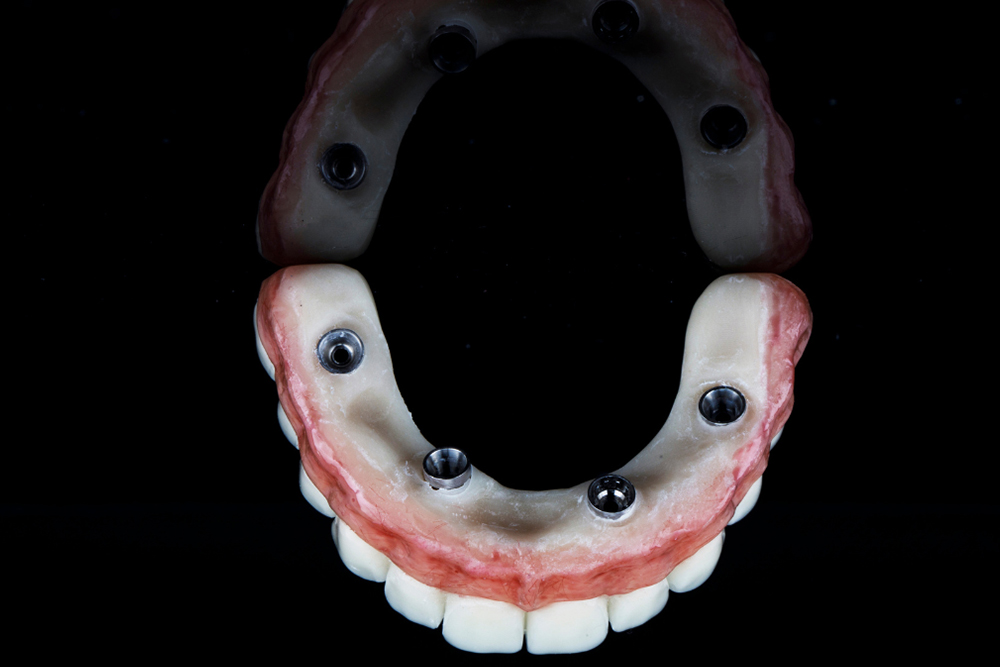
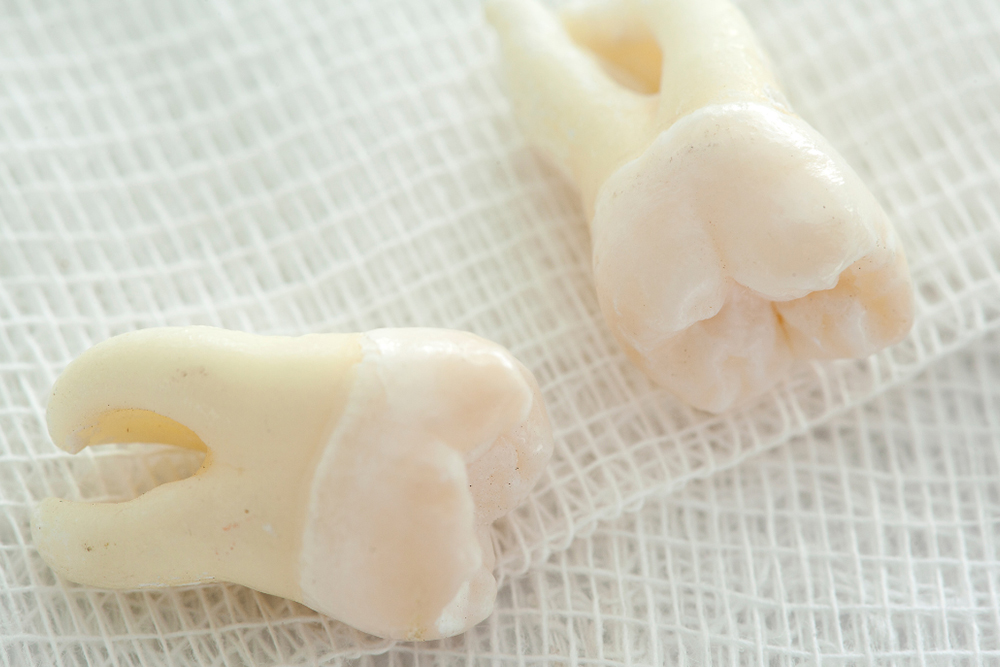








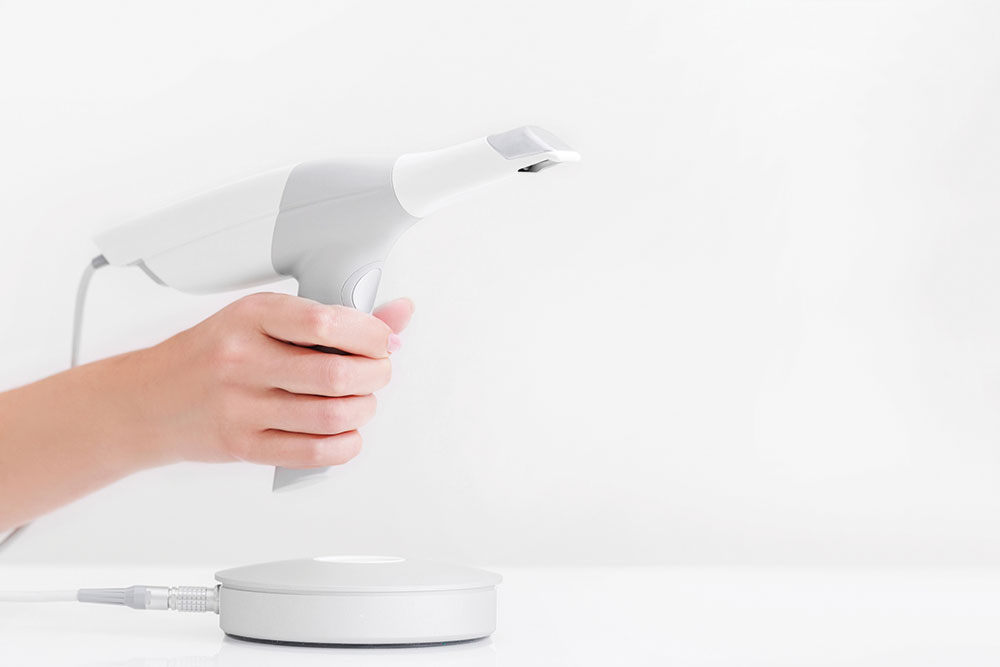




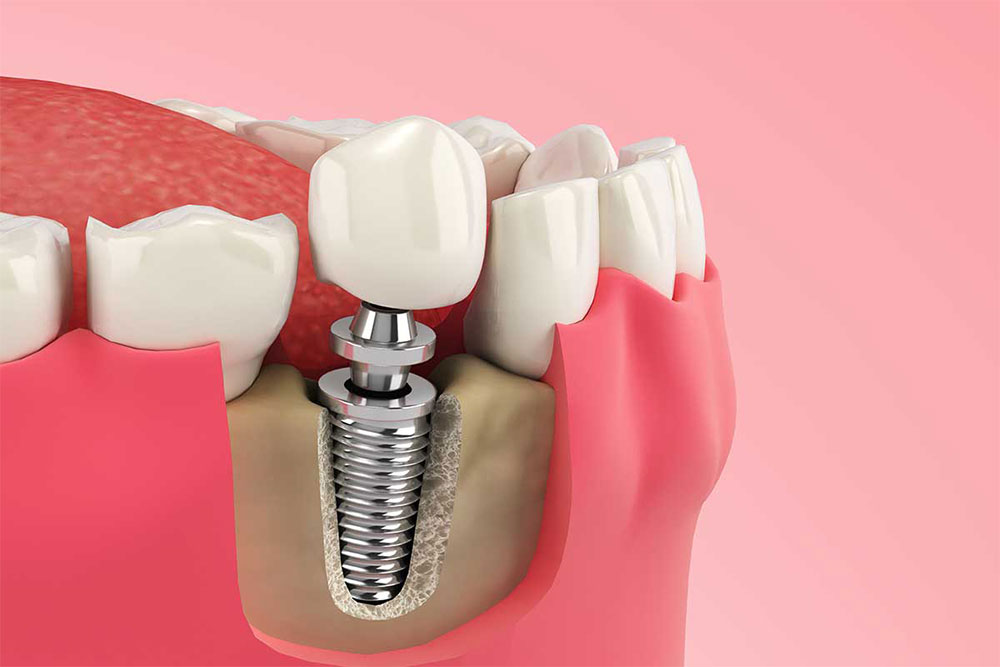
















We Are Here to Help You
Whitby, ON, L1N 4M9
905-430-7045
905-430-7284
info@dwdentistry.ca




